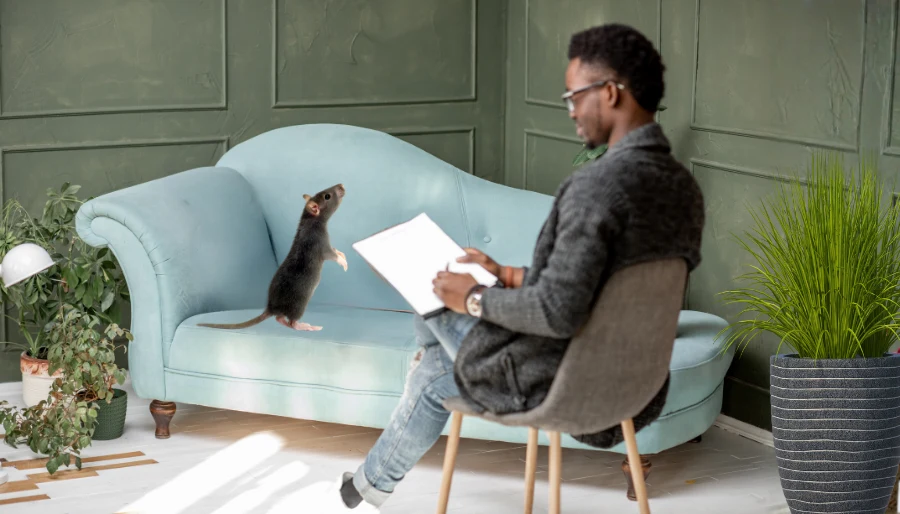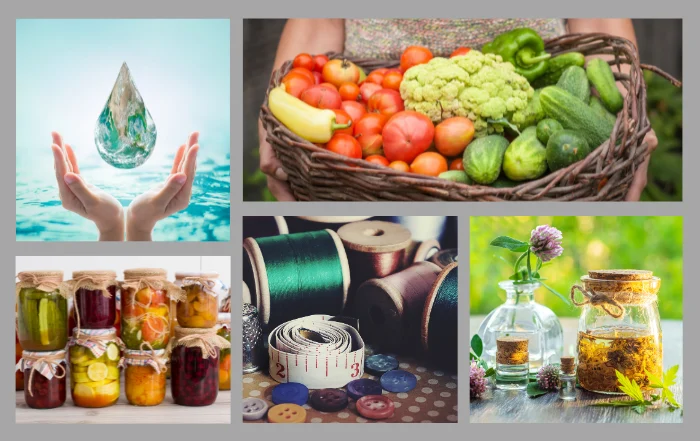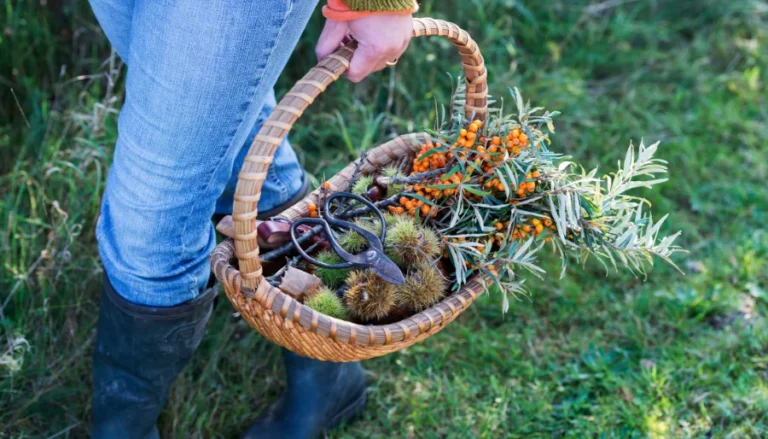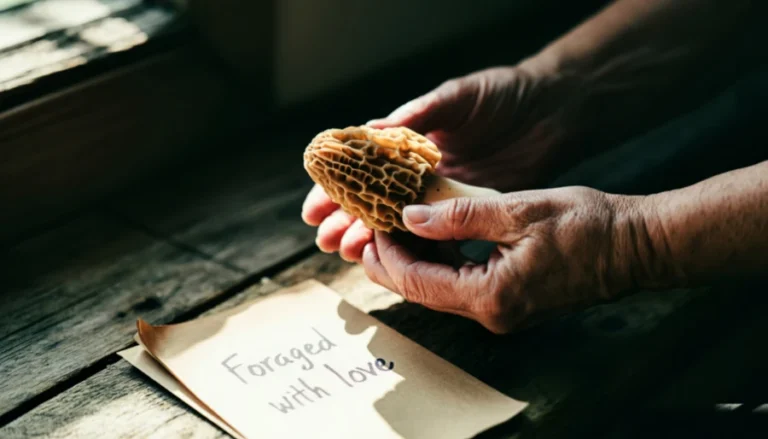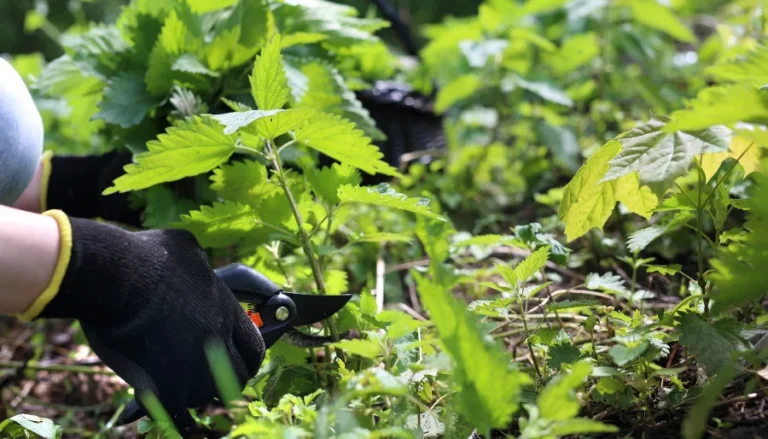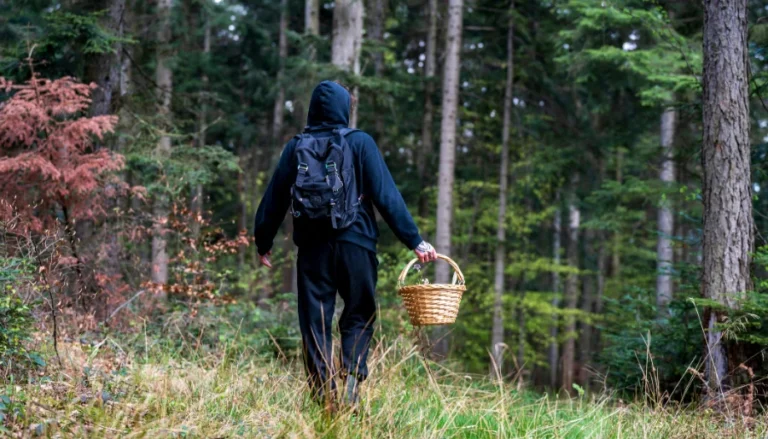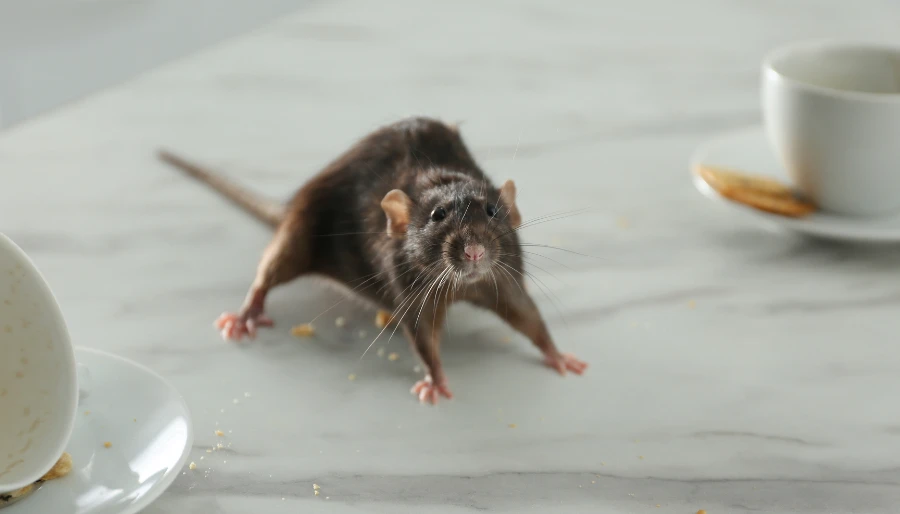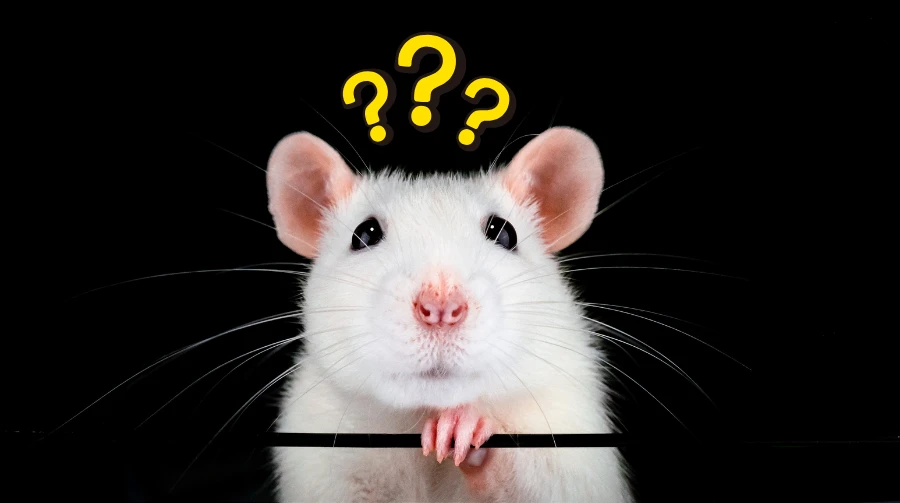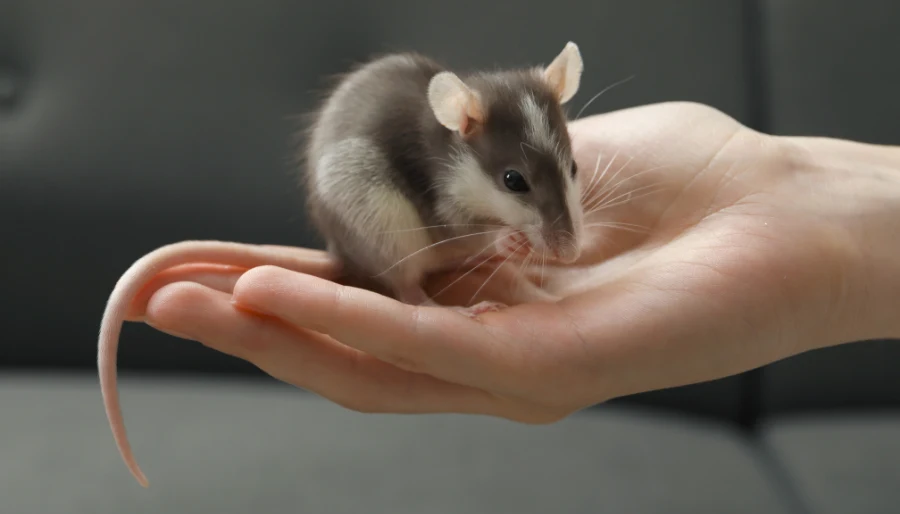Becoming more self-sufficient means you are building a lifestyle where you rely less on outside sources to supply your needs and instead create them for yourself. In order to do this, you need to know certain skills that will not only ensure future success but build your resiliency and confidence along the way.
The best part is, you don’t need to be an expert to start living more independently. You only need to have the willingness to learn the skills that will create a strong, self-sufficient foundation for you and your family.
Here are 5 essential skills that will allow you to be more self-reliant and live life on your own terms.
Gardening Is Not Just A Hobby
Only a century ago, our relatives would have been horrified (and rather quite amazed) at the fact that we spend good money buying things like lettuce and carrots. Produce they always grew in their backyard. When they made a salad, it began and concluded with a quick trip to the family garden. Occasionally, neighbors would trade their excess produce with ones grown down the street they lacked.
Growing your own food is one of the best ways to start the journey towards self-sufficient living. Not only will this help you save big money at the grocery store, but it’s also a great reason to get out in nature, enjoy the fresh air and soak up some sunshine.
If you are new to gardening, don’t be overwhelmed. Start small with a few of your favorite herbs, vegetables and fruits. You can expand down the road when you feel more comfortable with the process.
Learn Natural Healing Methods
I’m not referring to crystals or magical elixirs. I’m talking about the scientific ingredients the surrounding ground already has in abundance – we just don’t bother with it these days. After all, Walgreens or CVS is only a few miles away.
These days, it’s normal to treat the common cold or flu with a visit to the doctor’s office and a prescription or a quick over-the-counter solution you’ve seen a lot of commercials for on TV.
However, if you want to ease away from that way of life and take on a more holistic approach, you’ll need to educate yourself in the ways of natural healing.
Many common household goods have health benefits that you can take advantage of. For example, you can use honey, lemon juice and hot water to help downgrade the pain from a sore throat.
Drink some ginger tea when you have a cold, or reach for the garlic to help get rid of a bad cough.
There are many ways you can heal your body naturally without using outside medicine. This is a great skill to have in your back pocket, especially when those cold winter months hit.
Get Good At Canning
If you want to ensure that you get the most use out of the food you grow, you’ll need to learn a variety of preserving techniques – canning, pickling, and dehydrating to name a few.
You can also rely on freezing your food but keep in mind, if the power happens to go out, you’re out of luck and may lose some important staples.
There are two different ways to start canning– water bath canning and pressure canning.
Water bath canning is good for things like salsa, jams, pickles, canned fruit and a variety of sauces while pressure canning works for meat, poultry, beans, peas, tomatoes and so much more.
You can check out a ton of preservation resources online that will have step by step details to get you started.
Know How To Sew
Knowing how to mend a hole, repair a button or hem up some pants is a valuable skill to attain when it comes to being resourceful and self-sufficient. A needle and thread will allow you to fix, repair and even create new and unique items for your wardrobe and your household.
From tops and dresses to dishrags and socks, knowing how to sew can save you a ton of money when you don’t have to go out and buy new items, but simply give your old ones a little TLC.
If you’re a beginner to the world of sewing, don’t stress. There are many online resources that you can take advantage of to learn this new skill.
If you’re more of a hands-on learner, try a sewing and mending workshop in your local area and make new friends while you work that needle and thread.
Develop A New Relationship With Water
We all take water for granted. We turn a knob, and it’s instantly right where we want, at our desired temperature and in great abundance. This mentality isn’t good for the Earth, and it isn’t good for our self-sufficiency.
If your water supply suddenly disappeared, how secure are you that you have enough to get through the day, let alone survive for an extended period of time?
We are normally so used to having an unlimited amount of water that we don’t give it a second thought. However, becoming more self-sufficient will require you to think about and prep for those times when water might not be at your fingertips.
More To Discover
- 5 Affordable Ways to Maintain an Eco-Friendly Lifestyle Without Going Crazy
- 5 Simple Ways for a Beginner to Start Going Green and Improve Your Health at the Same Time
- Combatting Microplastic Pollution: How You Can Make Your Laundry Routine More Sustainable
- Affordable Green Living: 5 Ways to Become Self-Sufficient on a Budget
This is why learning how to treat and store water is an extremely valuable skill that everyone could benefit from. From collecting rainwater in a barrel to simple purification methods and storage ideas, this skill will come in handy should disaster strike.
Living a self-sufficient lifestyle doesn’t require you to be an expert in everything survival. However, there are some key skills that can help you build a strong foundation as you begin to move towards a life of independence and freedom.





